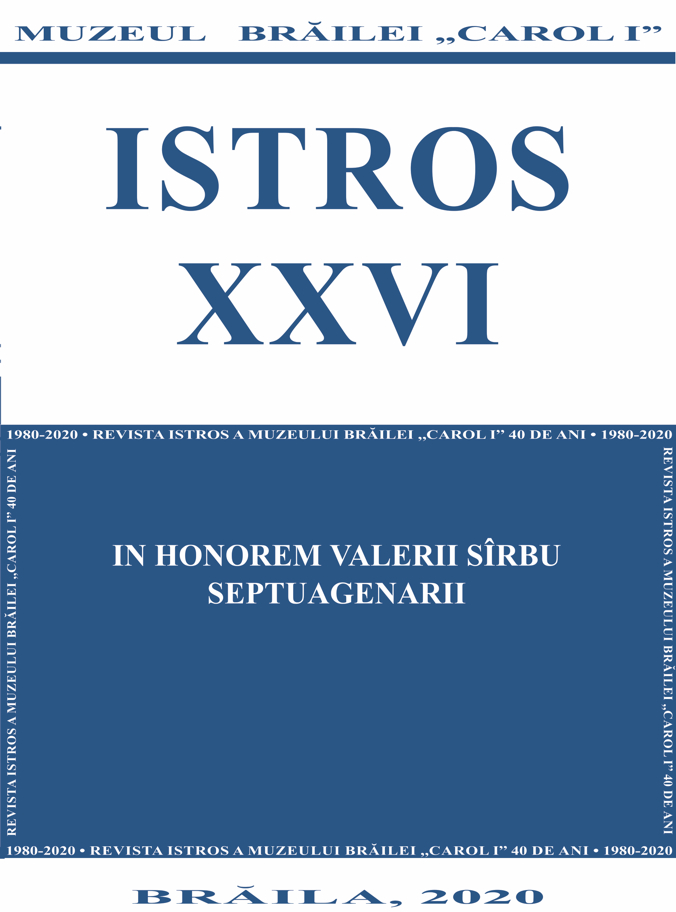
We kindly inform you that, as long as the subject affiliation of our 300.000+ articles is in progress, you might get unsufficient or no results on your third level or second level search. In this case, please broaden your search criteria.

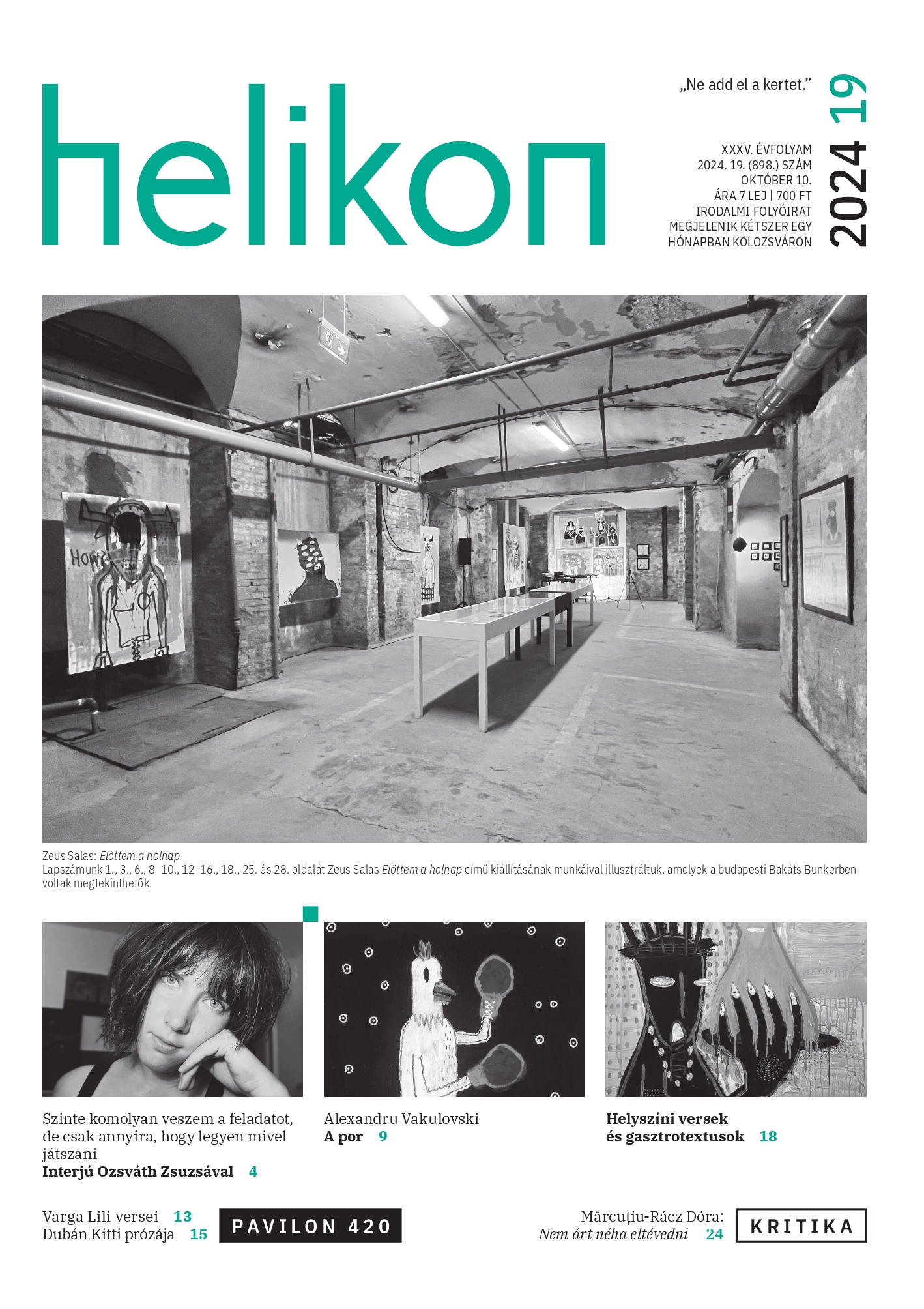
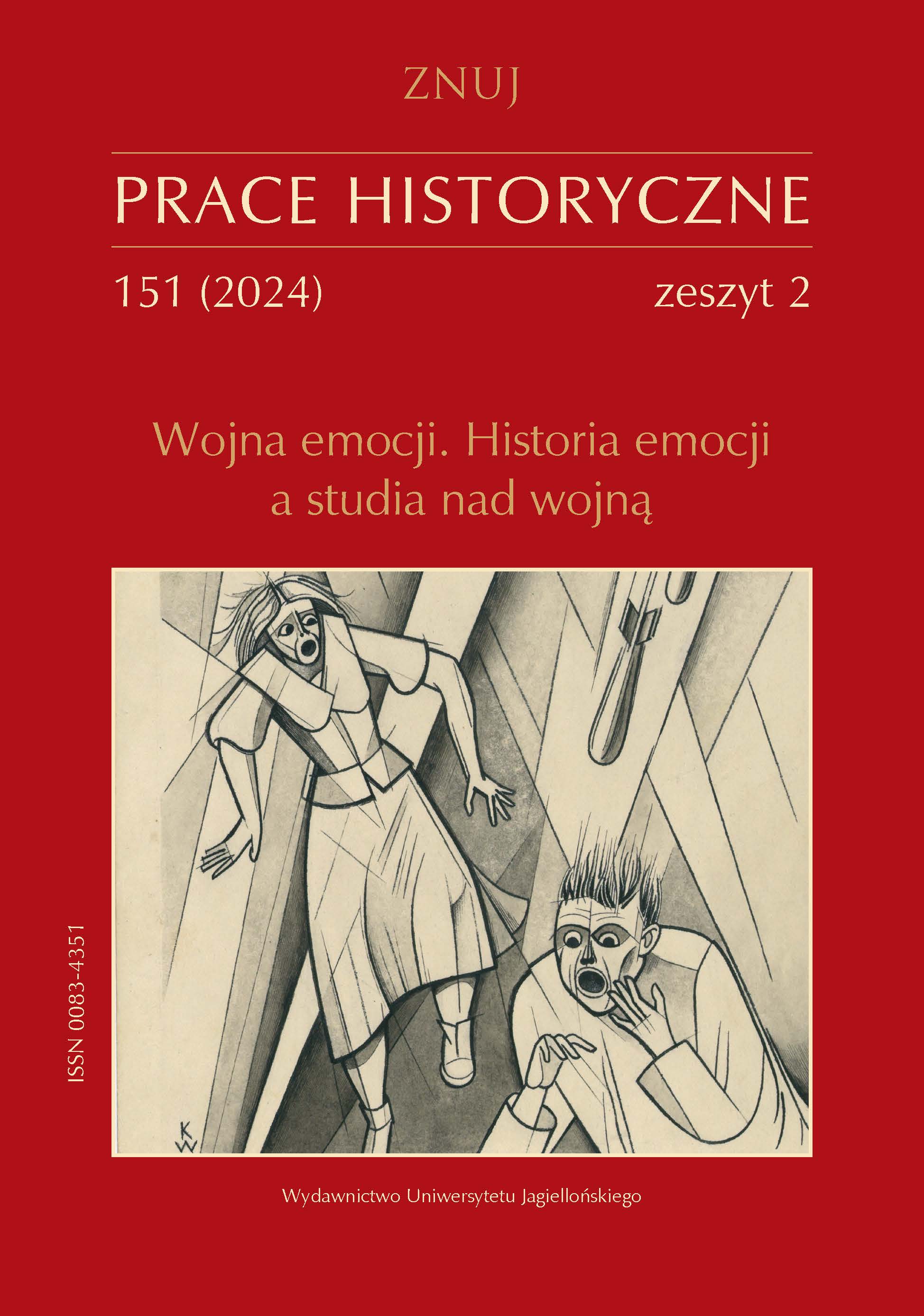
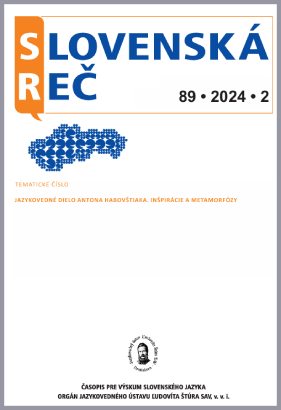
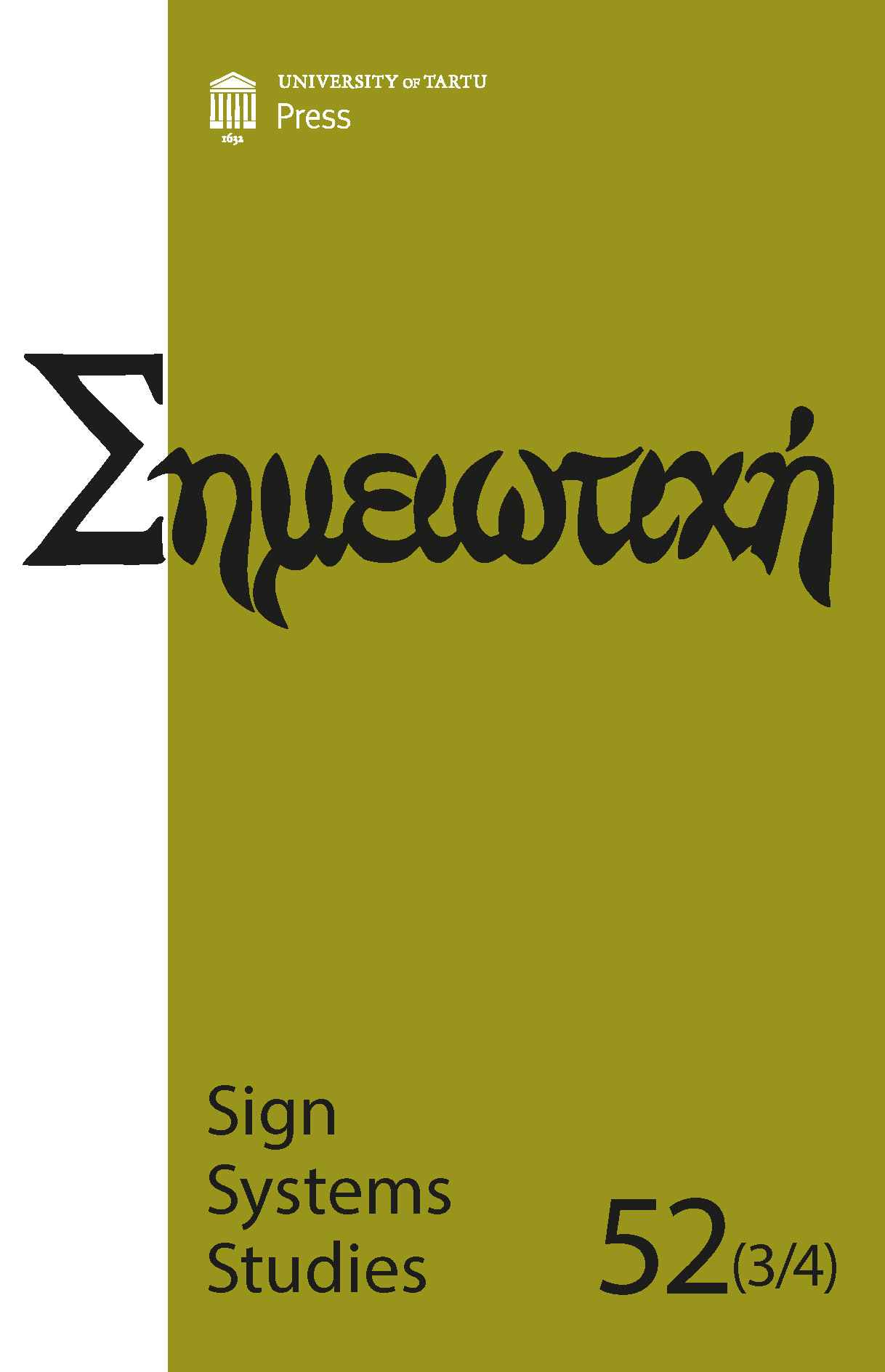
Jakob von Uexküll’s works, originally grounded in biology and philosophy, have garnered increasing interest in academia. This interest is rooted in the foundational nature of Uexküll’s umwelt theory, which examines how organisms perceive and interact with their environments, offering a framework for understanding subjective realities in both natural sciences and humanities (for a relevant bibliography, see Kull 2001, 2020). In the last ten years, the continuing interest has been evident in the publication of edited collections of papers (e.g. Michelini, Köchy 2020), special issues of journals (e.g. Brentari, Tønnessen 2024) and ideahistorical biographies (e.g. Brentari 2015), not to mention individual articles and book chapters. Several of these studies have sought to apply Uexküll’s theories in contemporary contexts and expand their scope beyond the original boundaries of umwelt theory (see e.g. Caves et al. 2019; Herrmann-Pillath et al. 2023; Schroer 2021; Tyler 2022). The goal of this volume is not only to honour Uexküll’s intellectual legacy, but also to expand it further, and to invite authors to reflect on the potential of umwelt theory in addressing modern challenges and to explore the applicability of theory in contemporary contexts. We also hope that this special issue demonstrates how Uexküll’s ideas continue to inspire new directions in research.
More...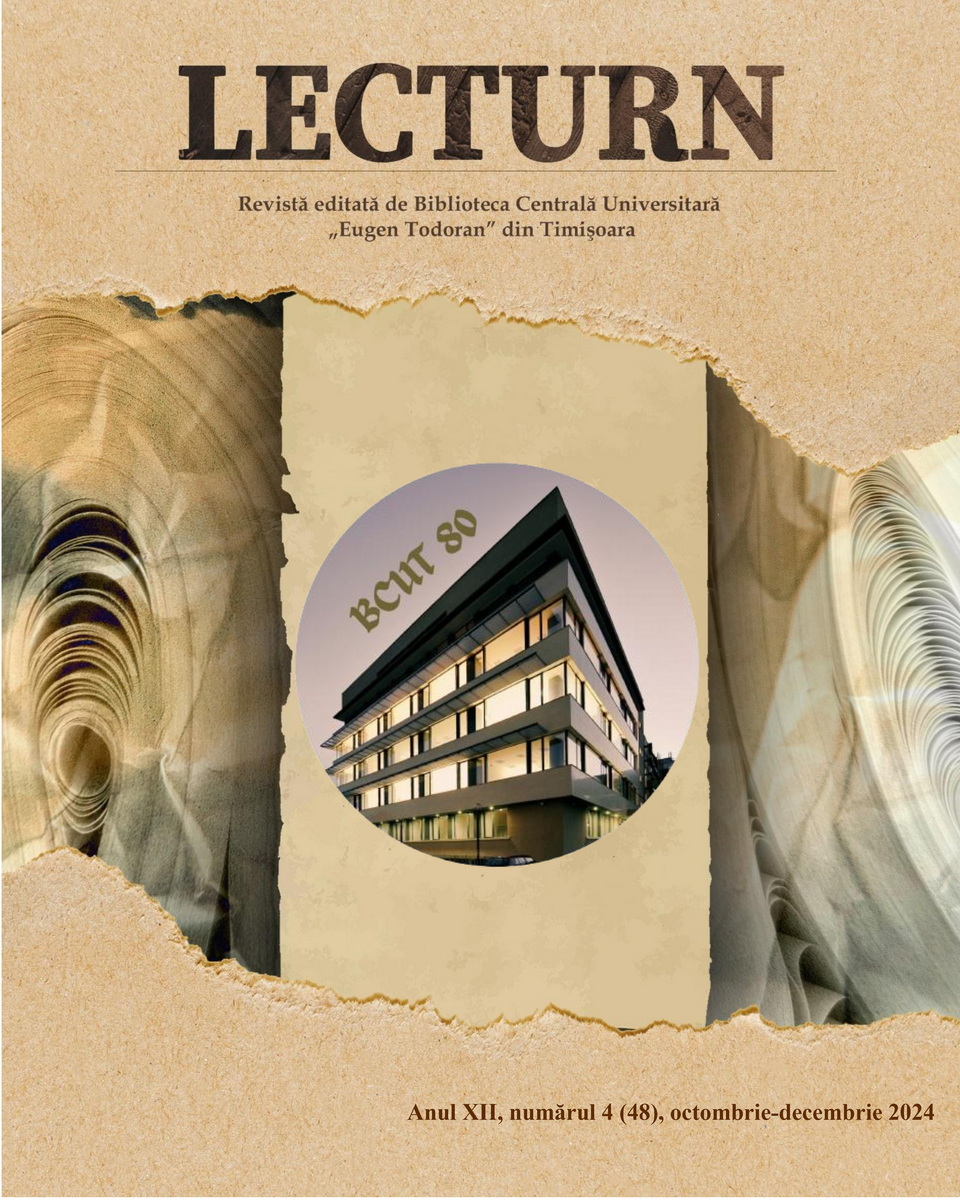
On December 30, 1944, King Mihai I of Romania signed the Decree-Law that established the "Library of the West University" in Timișoara. It began operating in 1949 as a department of the University. In 1992, it was transformed into the Central University Library. This transformation, which granted it legal personality and placed it under the direct authority of the Ministry of National Education, was a recognition of the library's importance and high quality. It thus became one of the four top-ranked university libraries in Romania, with a strategic role of national significance.
More...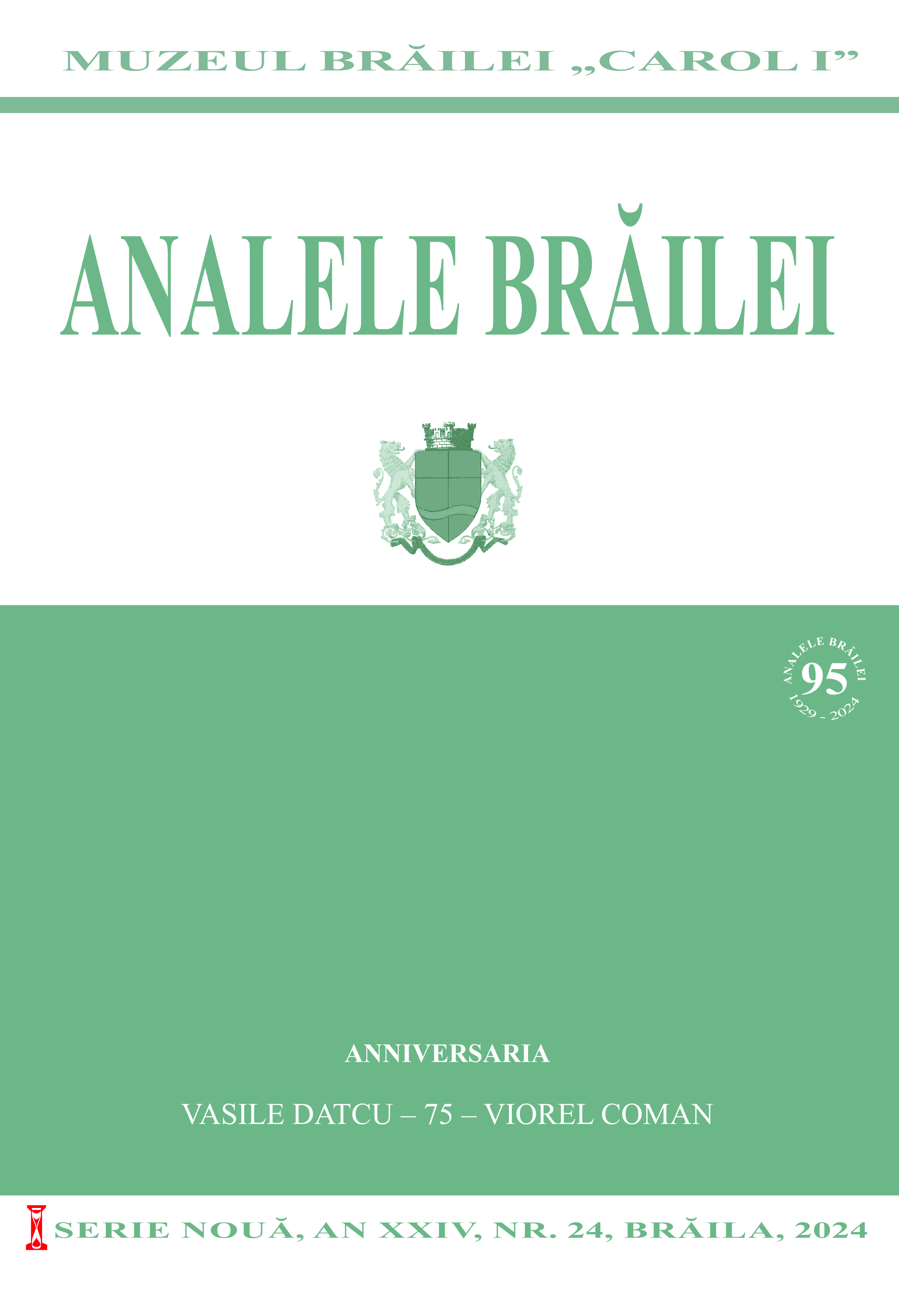
Incursion dans le monde de l'épigramme et de la caricature et le rôle de ces arts dans la culture et la conscience des habitants de Braila et audelà. Des personnalités culturelles emblématiques participent à des événements prestigieux nous offrant, à travers leurs oeuvres, humour, réflexion et valeur artistique.
More...
The present thematic issue, entitled Epidemics, healthcare systems, and healthcare actors in Romanian-speaking areas between the 18th and 20th centuries. Reassessing the field, has emerged from a panel organized at the National Congress of Romanian Historians, held at the University of Suceava, in August 2024. The scope of the panel – entitled “Medical modernization, social modernization. Public health in Romanian-speaking areas during the 18th-20th centuries” – was to review the main recent developments in the field of medical history with an added, direly needed regional focus.
More...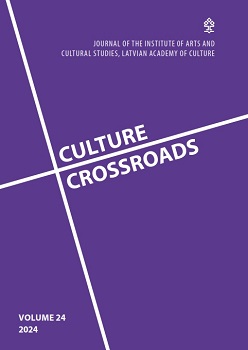
This special issue is interested in the processes of creating performing arts settings, including spaces for dance, arts festivals, and theatre performances, during and beyond the COVID-19 pandemic. The authors explore the continuities and changes in the configurations of performing arts settings and ask about their transformative potential. The cultural initiatives in focus are located at the fringes of geo-political complexities: They take place in Cyprus’s Buffer Zone, around a palace in post-Prussian North Poland, within Russia’s Irish dance community, in Latvia’s theatrical community. This issue further ethnographically records and interrogates challenges and odds in making performing art settings during and beyond the COVID-19 Pandemic. It finds that different experiences of “losing touch” and detachment become inseparably linked with practices of entanglement, shaping the possibility of “taking place” in performing arts settings. Methodologically, the authors in this issue bridge the commonly upheld gap between research and practice in the fields they discuss, transgressing the boundaries between ethnography, socio-cultural analysis, and engaged research.
More...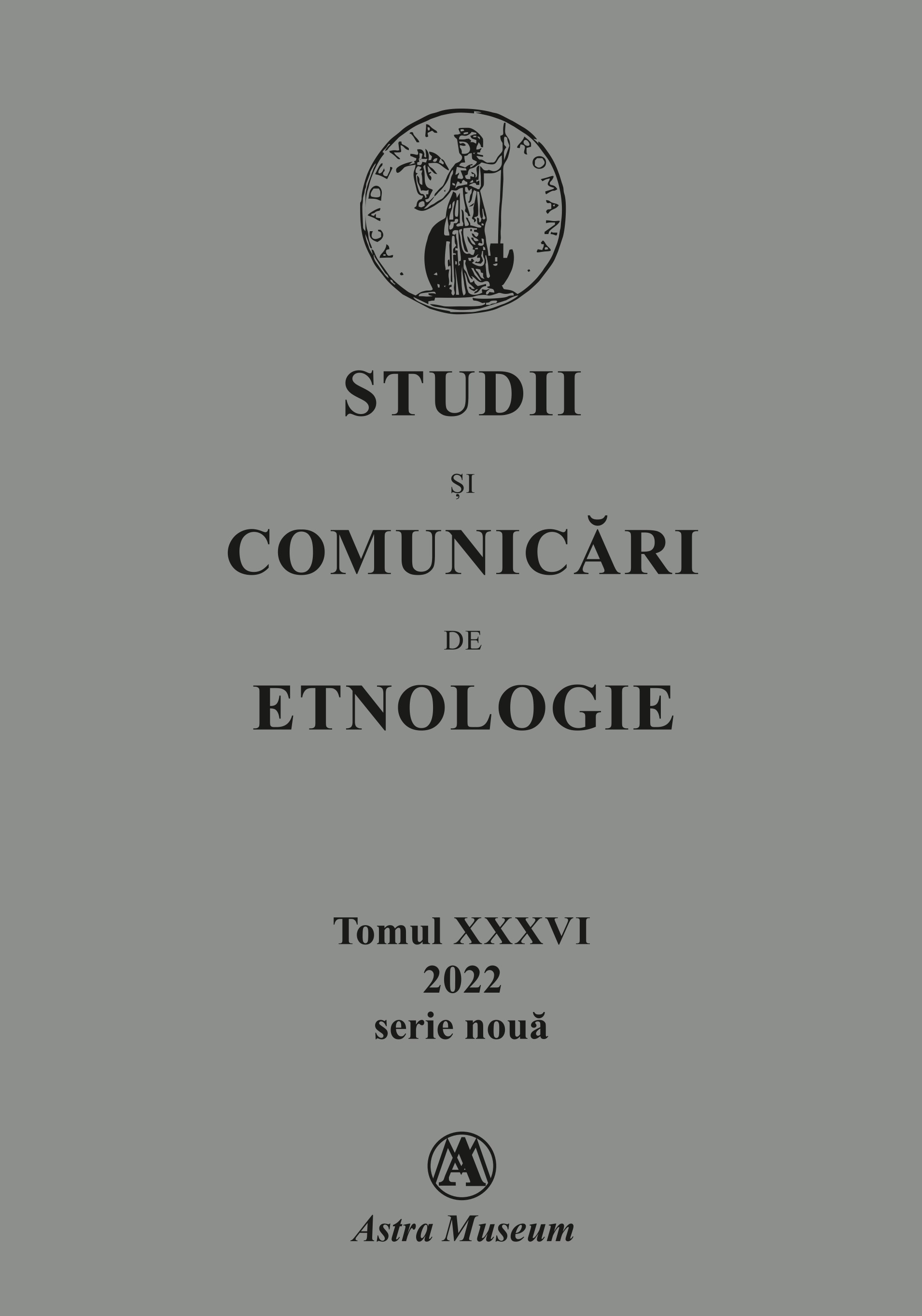




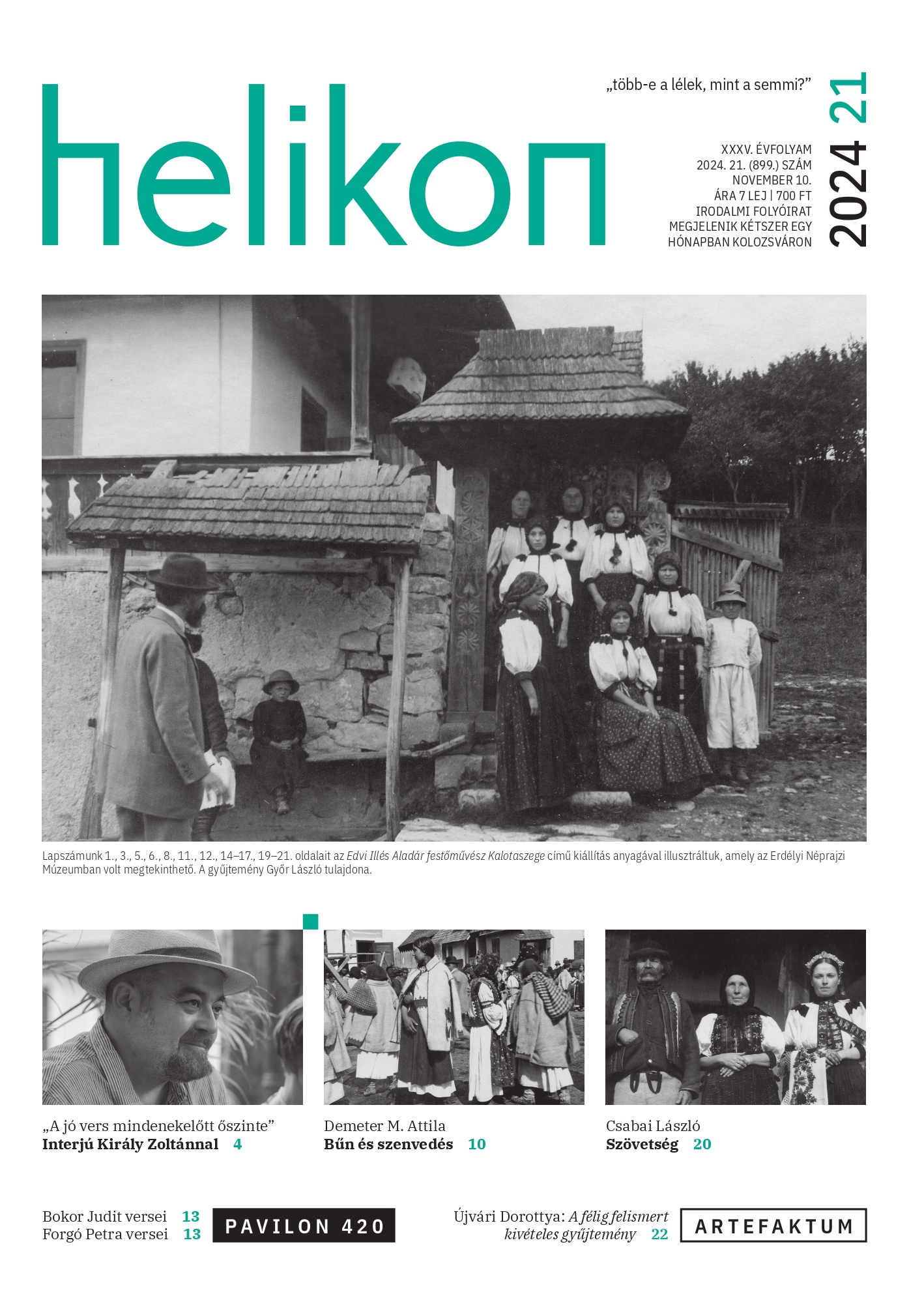
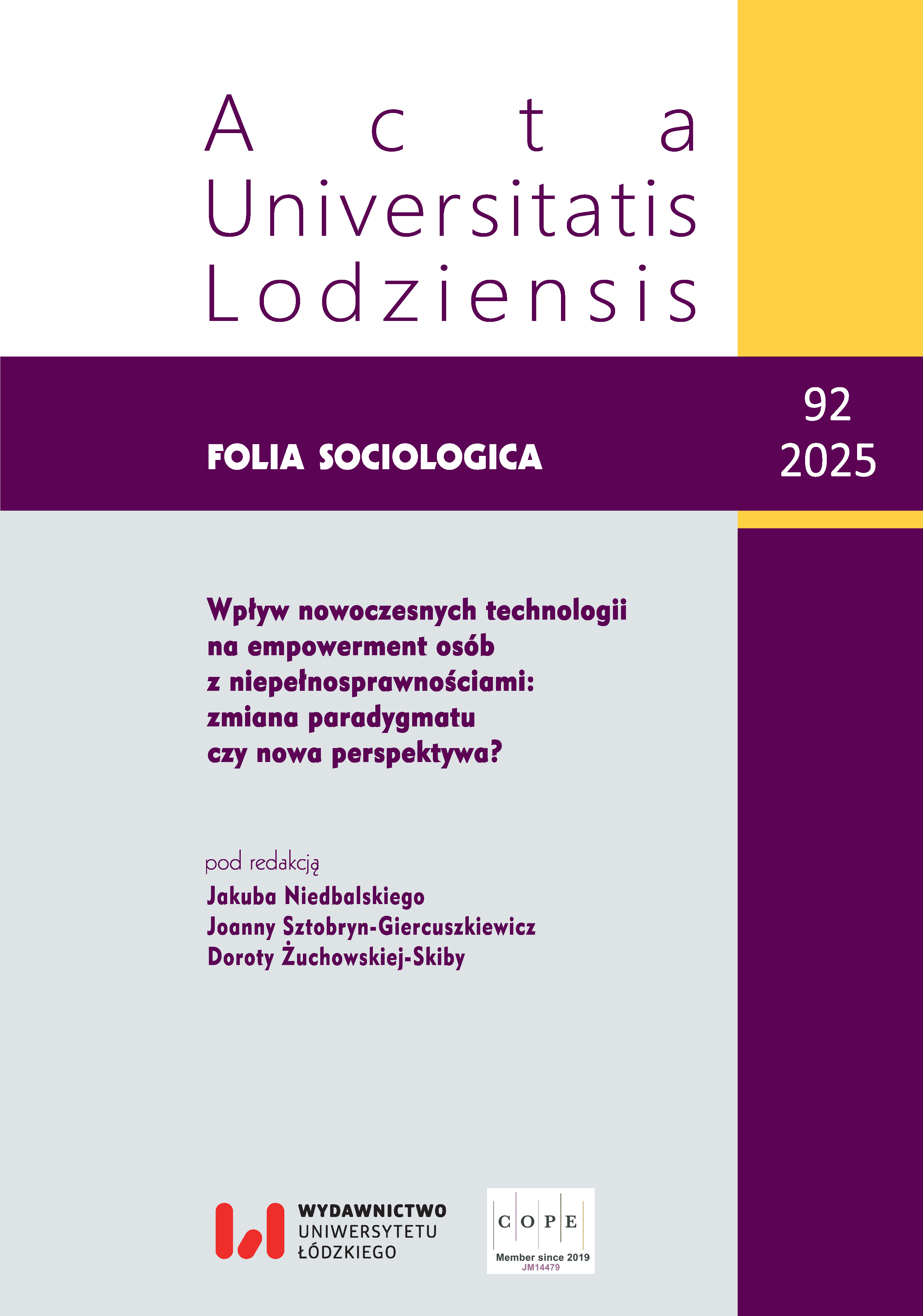
Todayʼs technologies play a key role in changing the paradigm perception of disability and the position of people with disabilities in society. Tools such as artificial intelligence (AI), virtual reality (VR) and open-source technologies are enabling unprecedented accessibility to education, the labour market and social spaces. Universal design is becoming the foundation for creating inclusive environments that respond to diverse user needs. However, failure to integrate accessibility principles into the design process or inappropriate use of technology can lead to marginalisation, exclusion and the perpetuation of negative stereotypes. A key challenge, therefore, is to integrate universal design with modern assistive technologies to support the independence, identity building and social inclusion of people with disabilities. The articles that make up this thematic issue examine innovative technological approaches and solutions that redefine the concept of accessibility. They show how technologies can be a tool for empowerment, highlighting their potential to create a more inclusive world.
More...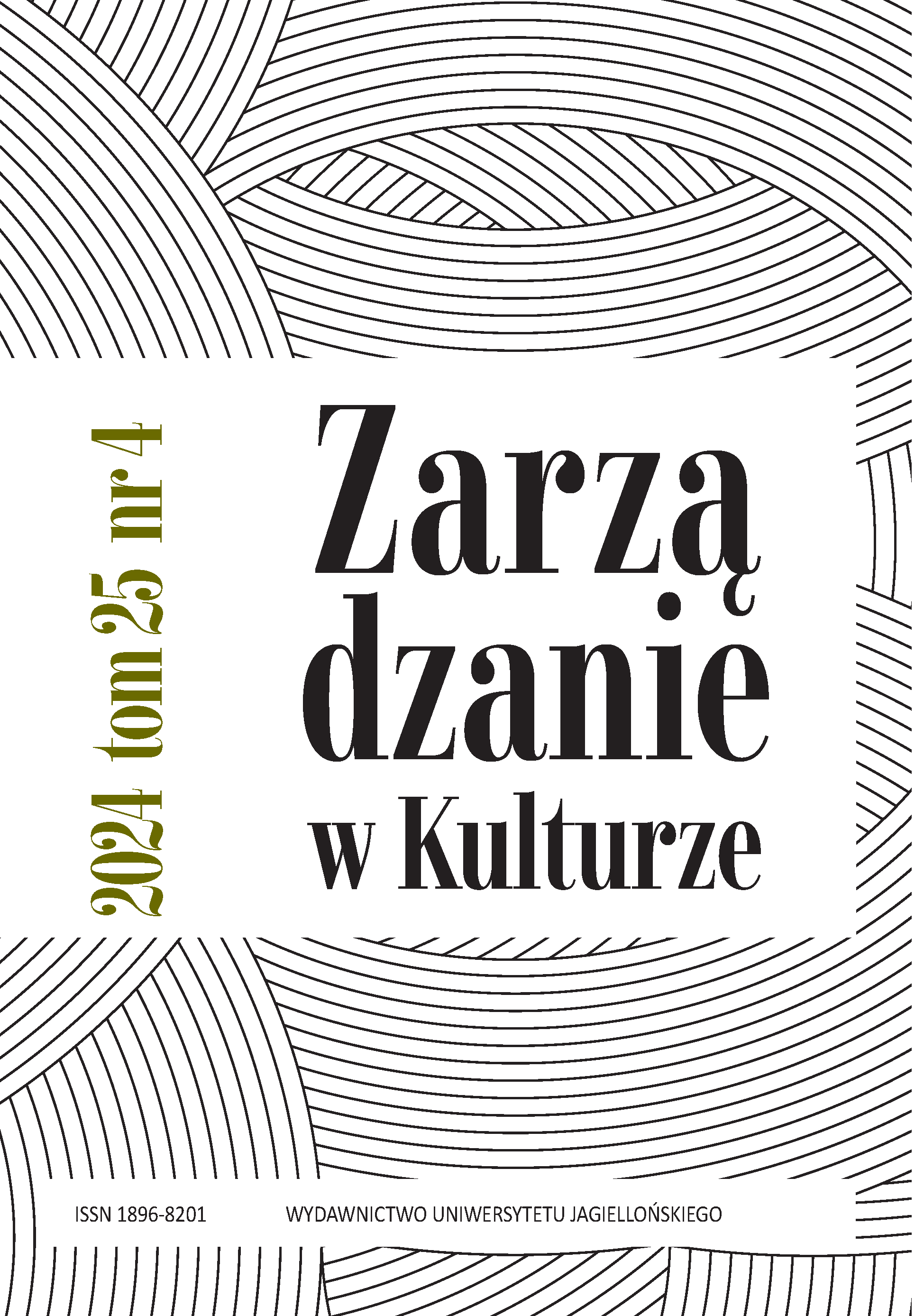
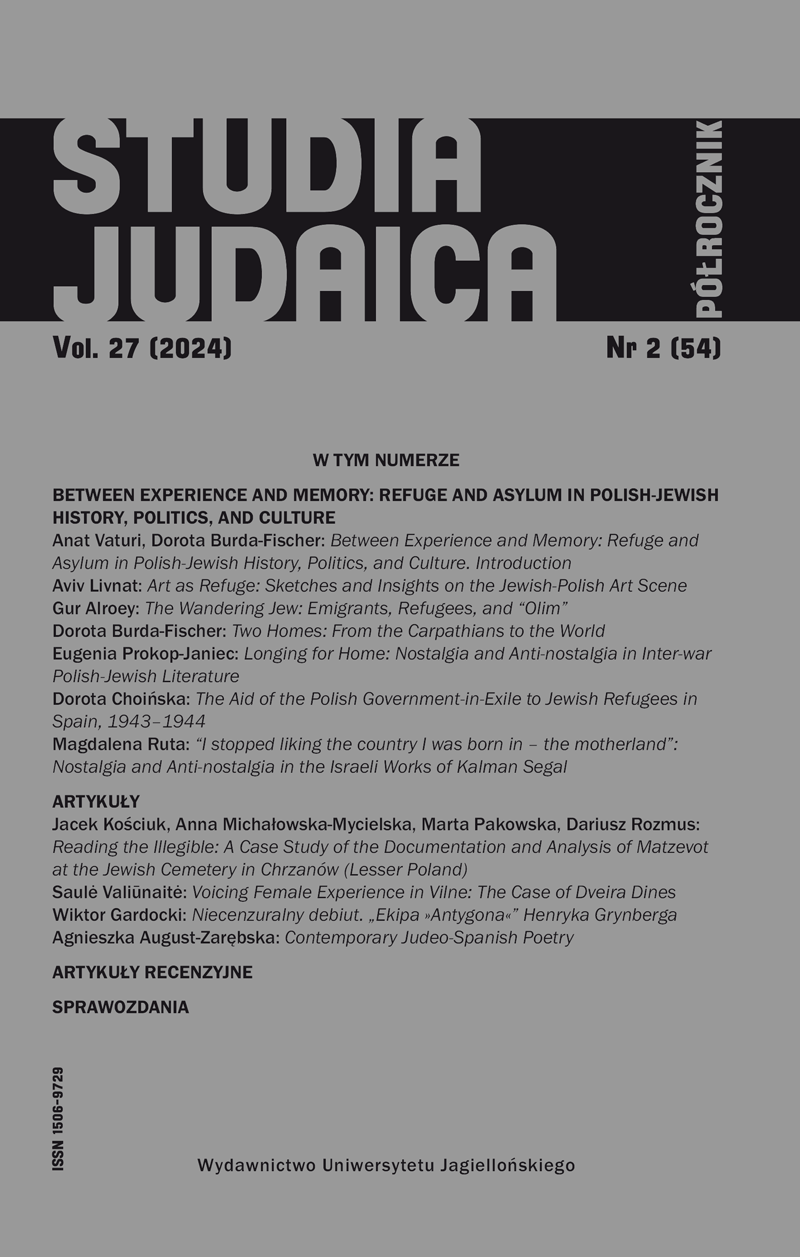
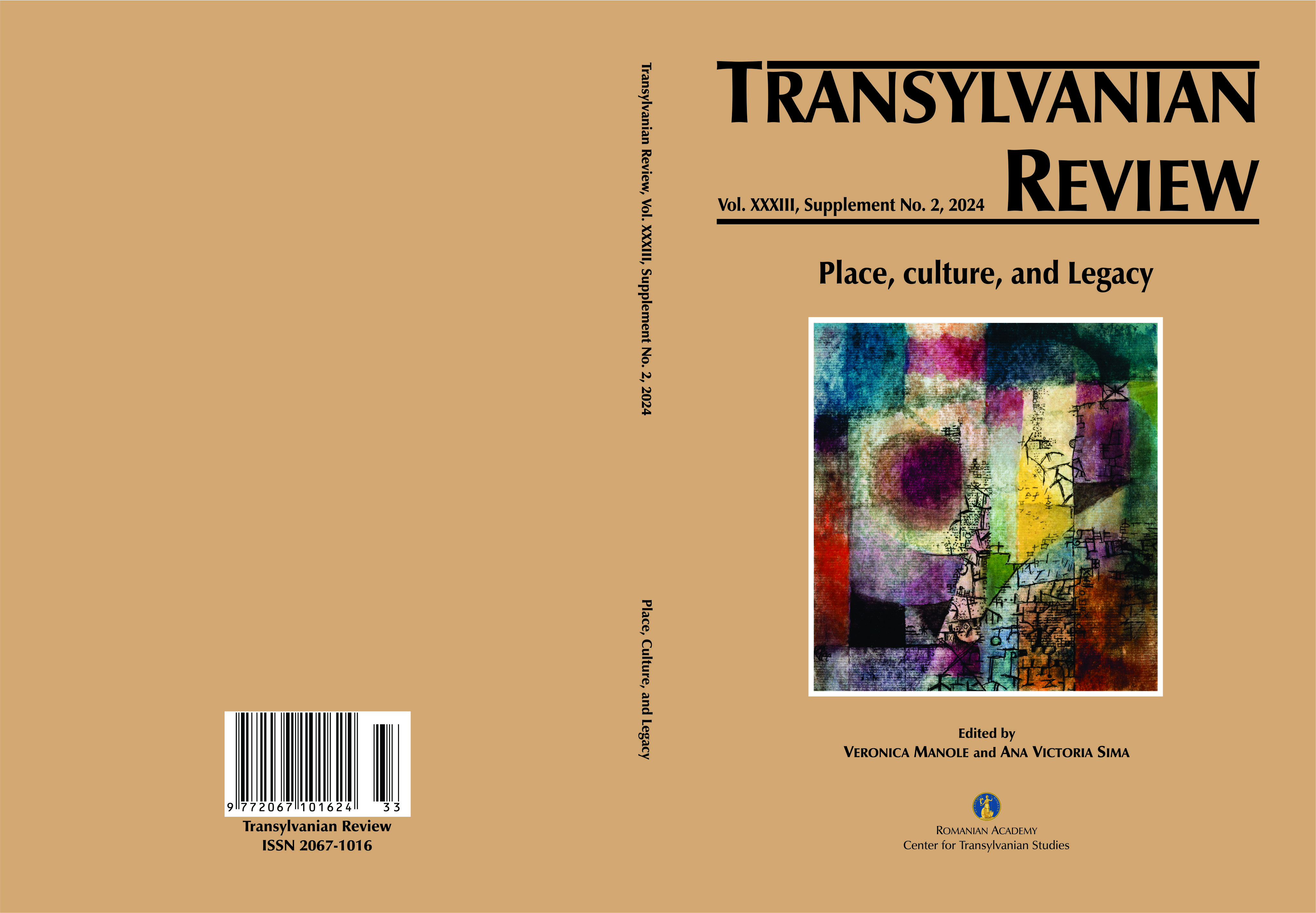
This series of articles, focusing on literary and/or specialized translations between Portuguese and Romanian, is a first initiative to bring together Romanian and foreign scholars to reflect on the translated works and the authors selected for translation in the respective publishing markets, the socio-cultural and historical contexts that led to the publication of certain translations (sometimes to the detriment of others) and, at the microtextual level, on the strategies favored in the translation of literary texts or specialized terminologies.
More...
This series of articles, focusing on literary and/or specialized translations between Portuguese and Romanian, is a first initiative to bring together Romanian and foreign scholars to reflect on the translated works and the authors selected for translation in the respective publishing markets, the socio-cultural and historical contexts that led to the publication of certain translations (sometimes to the detriment of others) and, at the microtextual level, on the strategies favored in the translation of literary texts or specialized terminologies.
More...